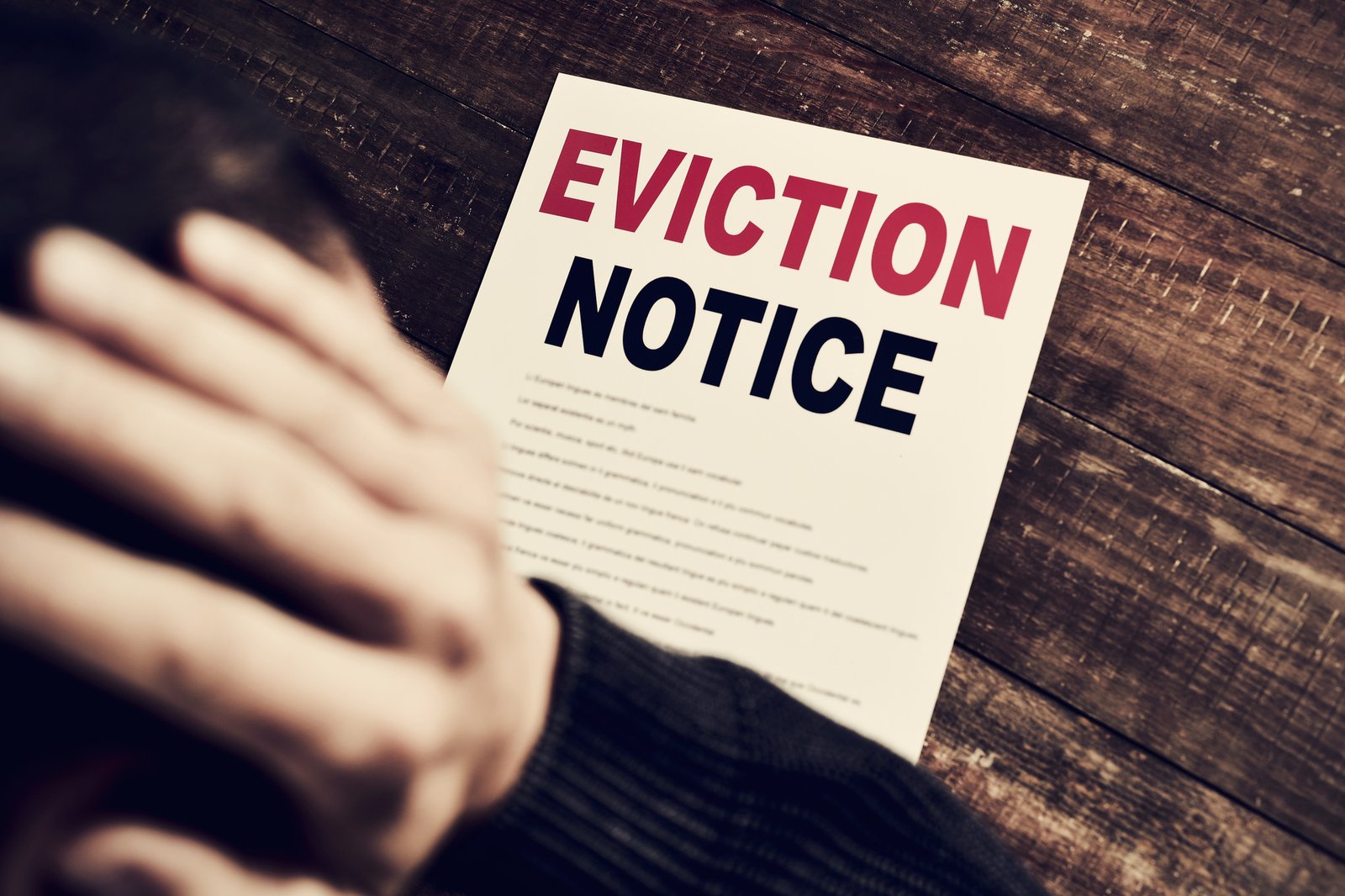
13 Feb How Evictions Work: What NJ Renters Need to Know
Unfortunately, metro areas of big cities are being hit hard by rising eviction rates. That’s bad news for tenants, and potentially bad news for landlords as well.
Are you worried and wondering, “How do evictions work?” Not sure if your eviction is legally sound?
If so, keep reading to find out more.
Notice for Termination with Cause
In order to terminate a tenancy before the lease is up in New Jersey, the landlord must have a legal cause for doing so.
Common reasons include things like:
- Failure to pay rent
- Habitual late payment of rent
- Failure to pay increased rent
- Committing an illegal act on the premises
- Violation of the lease or rental agreement
- Disorderly conduct or disturbing the other residents
- Property damage and destruction
- Health violations
- Tenancy contingent on employment which is now terminated
- A court finding the tenant liable for involvement in criminal activity
In most of these cases, the landlord must provide the tenant with notice of the eviction. The type of notice required typically depends on the cause for termination.
For example, the landlord is not required to provide eviction notice to a tenant if they’re evicting them for failure to pay rent–so long as the landlord does not habitually accept late rent.
Notice for Termination Without Cause
If a landlord does not have a legal basis to evict the tenant early, then they must wait until the end of the tenant’s lease to evict them.
However, the landlord may still need to provide the tenant with an eviction notice, depending on the type of tenancy in question.
For example, a landlord must provide a one-month notice if they wish to evict a month-to-month tenant. If the tenant has not moved by the end of the month, then the landlord can sue them as a holdover tenant.
If, on the other hand, the tenant has a fixed-term lease, then the landlord is not required to provide notice unless the terms of the lease specify otherwise. Additionally, the landlord can ask that the tenant move out by the end of the lease term.
Tenant Defenses
As a tenant, you may be wondering: can you fight an eviction based on tenant law?
It isn’t always worth it for a tenant to fight a landlord’s eviction, except in two specific cases:
- The landlord did not evict the tenant properly
- The landlord used “self-help” procedures to evict the tenant
An example of not evicting the tenant properly would include things like failing to provide notice where notice was required or providing notice without the essential information.
Self-help procedures refer to a specific type of eviction. Under New Jersey law, a landlord cannot legally evict a tenant without taking them to court. Any other means of forcing out a tenant is illegal. If your landlord used these means, then you are able to resist the eviction.
How Do Evictions Work? Let Us Fight for You
If you’re still lost and wondering, “How do evictions work?” take a deep breath. Don’t worry. Let us help.
We’re New Jersey eviction experts over 50 years of experience protecting our clients’ rights.
If you need to speak with a lawyer, get in touch today to see how we can help with your case.




Sorry, the comment form is closed at this time.